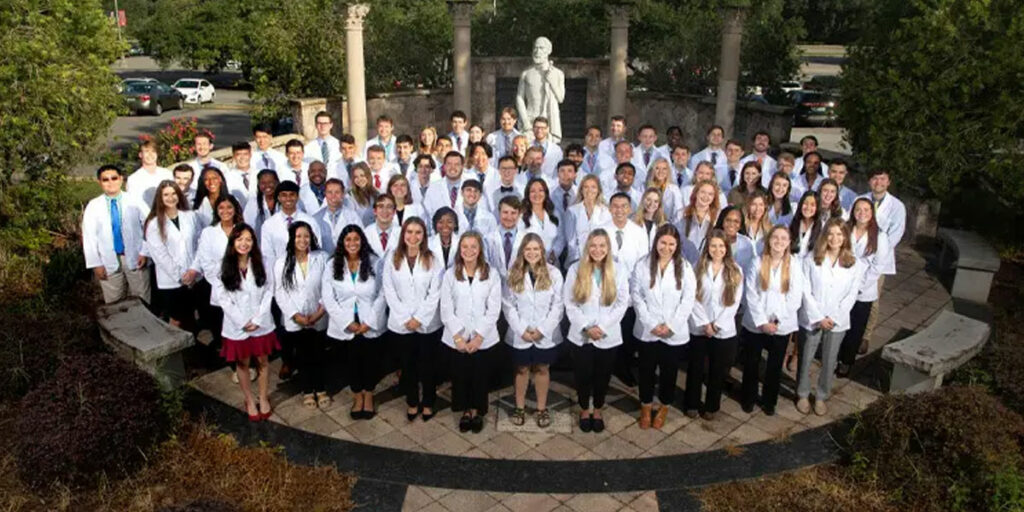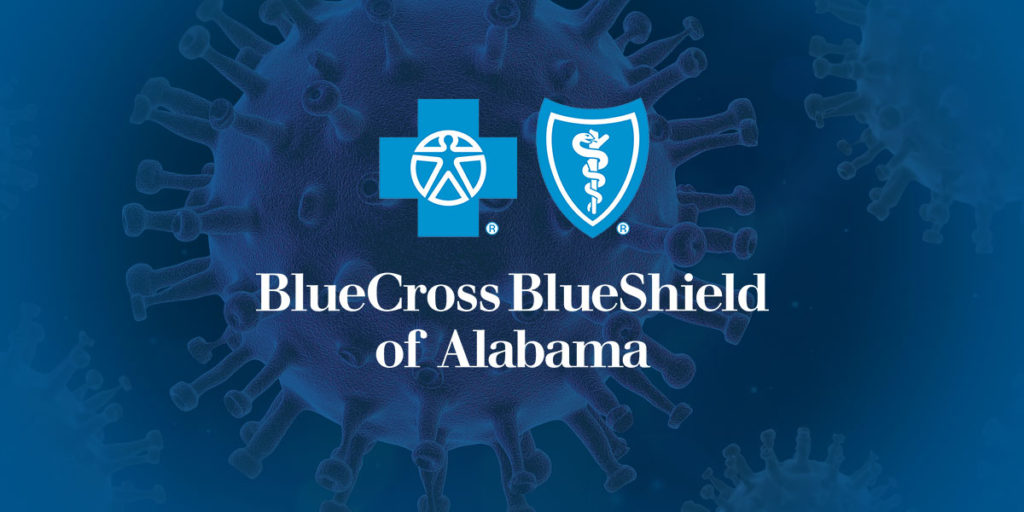The University of Alabama at Birmingham has been awarded nearly $2 million by the Alabama Department of Public Health to support the establishment of the Alabama Regional Center for Infection Prevention and Control (ARC IPC). This new center will provide consultation and support services across Alabama. It was approved by the board of trustees of the University of Alabama System at its June meeting.
The ARC IPC will bring together experts from the university and state to assist the ADPH Infectious Disease and Outbreaks Division in management and response to emerging and reemerging diseases. Key to the center’s mission is training and technical assistance to increase workforce skills.
“Our efforts will work to enhance and support infection prevention and control efforts across Alabama’s health care and public health systems,” said Lisa McCormick, associate professor and associate dean for Public Health Practice in the UAB School of Public Health and director of the ARC IPC. “I am excited to be working with a diverse team of IPC experts to assist the ADPH in strengthening Alabama’s capacity to prevent, control and manage infectious disease outbreaks.”
IPC experts are playing a critical part role during the pandemic through surveillance, detection, response and prevention of future outbreaks. McCormick hopes the efforts will build capacity within the workforce combating COVID-19 and increase awareness of the need for and importance of professionals in the field.
The pandemic has resulted in immense impacts on the economy, health and social well-being of Alabamians. As of June, there have been more than 548,000 COVID-19 cases and 11,250 deaths due to the virus in Alabama. The state’s vaccination rates are lagging as new, increasingly transmissible variants, such as the Delta variant, are emerging.
In addition, Alabama continues to see increases in cases of hepatitis A and RSV, into the summer months when concerns of vector-borne and foodborne illnesses increase.
“As a nation and state, we were really caught flat-footed by SARS-CoV-2 even though scientists had been warning that coronaviruses had the potential to create a global pandemic,” said Suzanne Judd, professor, co-director of the ARC IPC and director of the Lister Hill Center for Health Policy in the UAB School of Public Health. “Working together with the ADPH will help us to be ready when a new virus or bacteria threatens the health of Alabamians. We will be better prepared to communicate risks to the public to help prevent future pandemics.”
The center will provide training and technical assistance to local, district and state health department IPC personnel, infection control managers and nurses at in-patient and out-patient health care facilities and long-term care facilities, hospital epidemiologists, school nurses and other infection control practitioners.
“The UAB faculty and staff involved in this center have extensive experience in infectious disease prevention and control, epidemiology and surveillance, behavioral health, public health preparedness, and forecasting and modeling, as well as in implementing and evaluating public health programs whose purpose is to strengthen the current public health and health care workforce,” McCormick said.
The ARC IPC investigators include Dr. Paul Erwin, Dr. Rachael Lee, Dr. Marjorie White, Dr. Sarah Nafziger, Dr. James Crosby, Bertha Hidalgo, Greg Pavela, Tamika Smith, Judd and McCormick.
The ARC IPC is currently launching its efforts. Visit the website to request training or technical assistance, access infection prevention resources, see upcoming training opportunities or learn more about the center. For more information, with questions or to sign up for the ARC IPC’s newsletter, email [email protected].
This story originally appeared on the UAB News website.
(Courtesy of Alabama NewsCenter)













